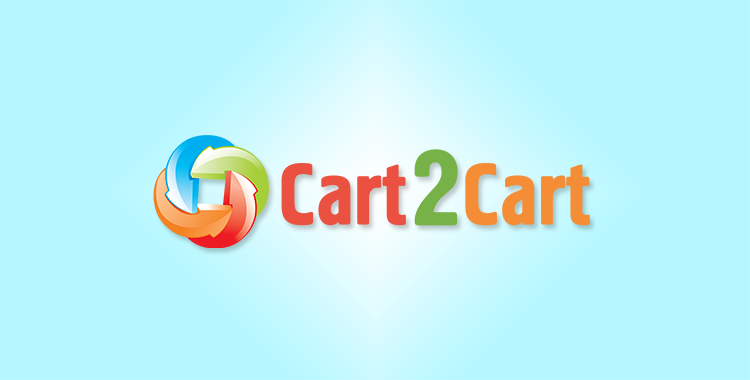
So what is the general difference between hosted and self-hosted platforms and why exactly Adobe Commerce and Shift4Shop are worth considering?
What is Shift4Shop and why use it?
Shift4Shop is a hosted solution so it includes all the common benefits of these platforms:- Reliable servers (high up-time guarantee and daily data back-ups).
- Easy to use admin panel.
- Template system and user-friendly design editor.
So if you do not have a lot of programming experience but want to have a fancy design. Or you don’t want to search for appropriate hosting than a hosted shopping cart is a great option to start.
Apart from standard advantages Shift4Shop can offer you a set of unique features that will definitely bring you sales and profit. The core benefits of Shift4Shop include the following.
- Shift4Shop stores have powerful product management that will help you run your shop effectively. Add and manage any type of items (physical or virtual). Product review and comparisons, wish lists, multiple pricing levels, up-selling, image zoom and many other features will help you to make your store profitable.
- One of the best marketing and SEO set of features in the industry: discount and coupon codes system, search engine friendly URLs. Some of advanced options are opportunity to sell via Facebook/mobile devices and advanced SEO features including XML sitemap generation. In addition you can easily set up an affiliate program and blog to make a buzz around your store and products.
- Top level security (PCI compliance) and full 24/7/365 support. You can be sure that store won’t be hacked and you will always get an expert help in case of any issues.
What is Adobe Commerce and why use it?
Adobe Commerce cart is a licensed solution so it means that you will have to search hosting on your own. Main peculiarities of self-hosted solutions include :
- Generally require middle to high programming skills for customization and design.
- Have a huge community and big number of free/paid extensions to expend functionality.
- Usually do not have an official support. However, if it’s there than most likely it is paid.
The platform is a known leader among open source carts and can offer unlimited customization options and full range of eCommerce features out-of-the-box.
- Adobe Commerce store management will enable virtually unlimited options. You can easily run several stores via one admin panel, add unlimited number of any products (single, configurable, bundled, product variants, etc.), categories and images. Adobe Commerce supports handful of languages, currencies and taxes options. Moreover, built-in content management system will help you manage your store pages easily.
- Your Adobe Commerce store will also have a huge number of checkout (one-page, guest, etc.), payment (Amazon Payments, PayPal, Authorize.Net, etc.) and shipment (FedEX, DHL, UPS, etc.) options.
- Full range of business reports and integration with Google Analytics allows to keep an eye on the most important performance indexes.
Both platforms are definitely very beneficial and can be used for any size of business. However, Adobe Commerce will require extensive programming on set up step while Shift4Shop will let you to jump straight into the business. On the other hand Adobe Commerce has more customization possibilities which gives you virtually unlimited opportunities. Before making a final decision check both platforms on your own. Shift4Shop offers free trial period and Magento Open Source offers a powerful Open Source edition for free.
If you already run a store with another shopping cart and don’t know how to migrate to a better platform, use Cart2Cart automated migration service. Make your data transfer smooth and quick. All you need to do is simply register an account and proceed with full migration. Your dream store will be set in less then a few hours.
Monthly Update – March 2026
March 2026 marks a pivotal moment in e-commerce, with businesses increasingly adopting AI-driven automation and headless commerce architectures to stay competitive. Beyond basic personalization, AI is now being integrated into every facet of the online store, from optimizing inventory management and predicting demand to automating customer service and enhancing fraud detection. This intelligent automation frees up resources, allowing merchants to focus more on strategy and growth. Concurrently, the shift towards headless commerce is gaining significant momentum. This approach, which decouples the frontend presentation layer from the backend e-commerce functionalities, offers unparalleled flexibility and agility. It enables brands to deliver highly customized, lightning-fast shopping experiences across diverse channels – web, mobile apps, social media, IoT devices – without being constrained by a monolithic platform. For stores planning a migration, considering platforms that offer robust API capabilities and support a headless setup is crucial for future-proofing their operations and delivering the seamless, omnichannel experiences modern consumers demand. This strategic re-platforming ensures scalability and innovation in a rapidly evolving digital landscape.
For more details, explore our FAQ section or schedule a call with a migration expert.

